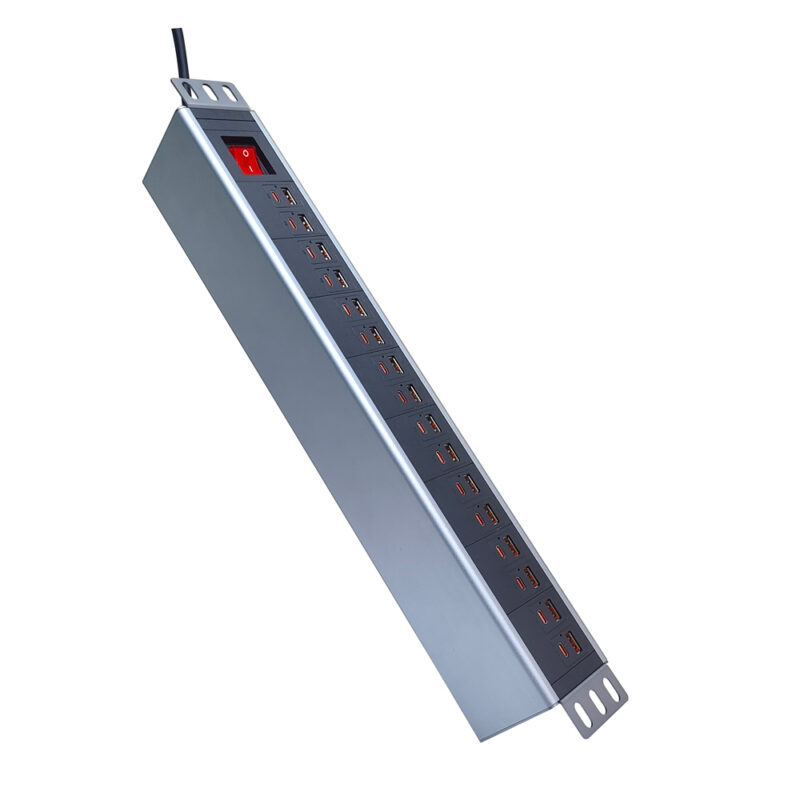Did you know that over 80% of data center outages are attributed to power issues? This staggering statistic highlights the critical role that power distribution units (PDUs) play in ensuring uninterrupted electrical supply and operational efficiency. As we delve into the world of PDUs, it becomes clear that their significance extends beyond mere functionality; they also embody a complex web of legal and regulatory attributes.
The Legal Landscape Surrounding Power Distribution Units
power distribution units are essential components in managing electrical systems, particularly in commercial settings like data centers. Their legal characteristics often intertwine with various regulations aimed at ensuring safety, reliability, and compliance within the energy sector. For instance, PDUs must adhere to standards set by organizations such as Underwriters Laboratories (UL) or the International Electrotechnical Commission (IEC). Moreover, when it comes to mergers and acquisitions regulations, understanding how these devices fit into corporate transactions is crucial for stakeholders looking to navigate potential liabilities associated with electrical infrastructure.
Diving Deeper: Power Distribution Units in Mergers and Acquisitions Regulations
In the realm of mergers and acquisitions (M&A), power distribution units can significantly impact due diligence processes. Companies involved in M&A need to assess not only financial metrics but also physical assets like PDUs which may influence operational capabilities post-transaction. Regulatory frameworks require thorough evaluations of existing equipment’s compliance with safety standards—any deficiencies could lead to costly penalties or remediation efforts down the line. Thus, understanding PDU specifications becomes vital for prospective buyers who wish to mitigate risks associated with inherited liabilities.
Sipolar’s Role Within Mergers and Acquisitions Regulations

Sipolar stands out as a key player when discussing M&A regulations related specifically to power distribution units. Known for its innovative designs tailored towards energy efficiency and sustainability, Sipolar products comply rigorously with international standards while offering advanced monitoring features that enhance operational transparency during transitions between ownerships. By integrating smart technology into their PDUs, Sipolar not only ensures adherence to current laws but also positions itself favorably amidst evolving regulatory landscapes focused on environmental responsibility.
Conclusion: The Crucial Intersection of Power Distribution Units and Regulatory Compliance
In summary, power distribution units serve as more than just conduits for electricity—they represent an intricate intersection where engineering meets lawfulness within business operations. Understanding their legal attributes is paramount for companies engaged in mergers and acquisitions since non-compliance can have far-reaching consequences on both financial stability and reputational integrity. As industries continue adapting toward smarter solutions like those offered by Sipolar, staying informed about these dynamics will be essential for future success.

